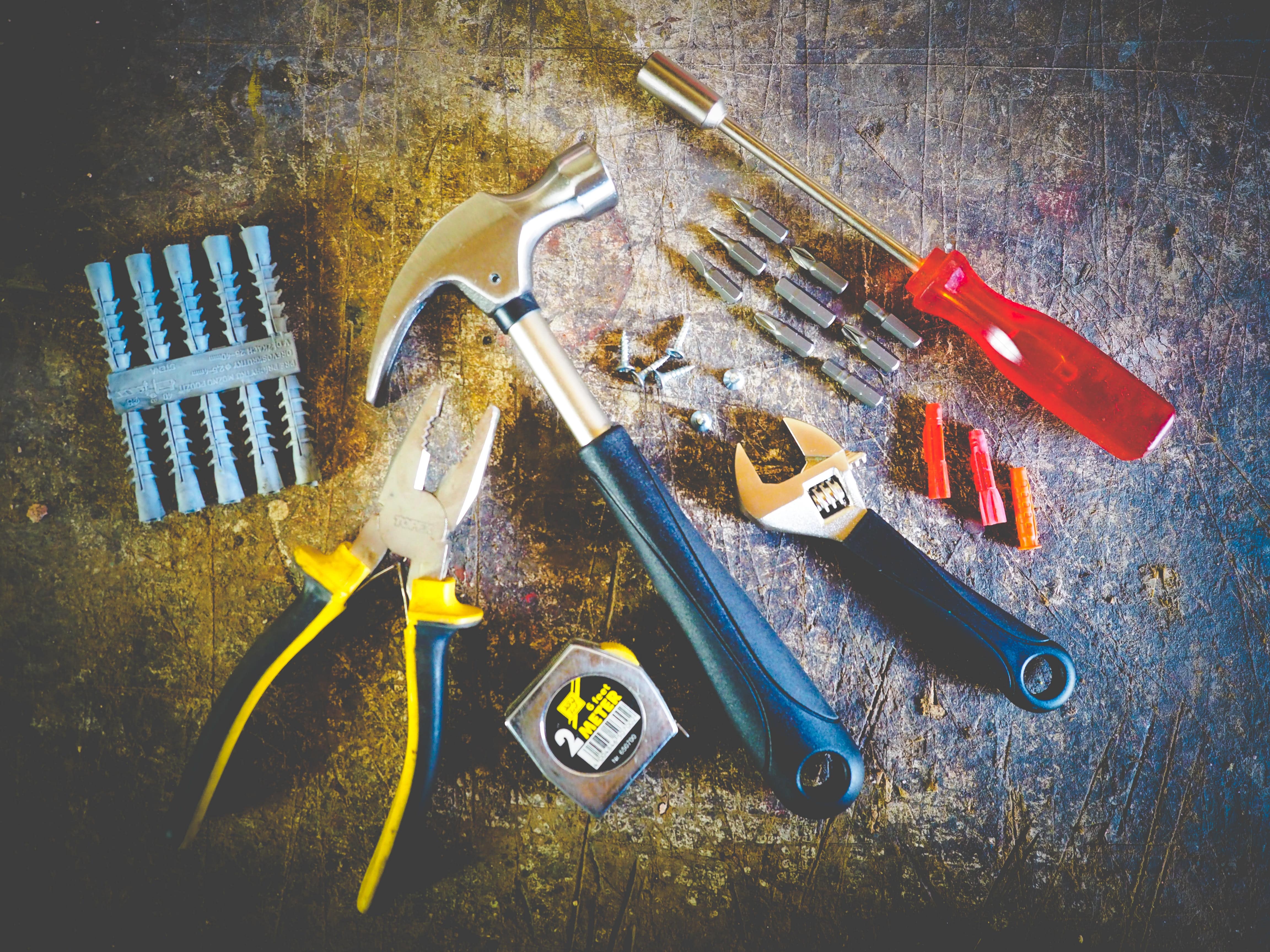Every landlord probably knows that at some point they will receive that unpleasant emergency call from the tenant. Let’s take a look how to handle tenant emergencies in the most quick and efficient manner and eliminate fear of dealing with the issues..
First of all, what IS considered a rental property emergency?
Part of knowing what to do when maintenance issues arise is understanding what constitutes an emergency. Some things that may create discomfort or inconvenience are not considered emergencies. Especially when a problem occurs after-hours, many maintenance concerns can wait until the morning. Ultimately, tenants and landlords must use their best judgment. However, to get you started, check out the list below.
What is an Emergency?
A good rule of thumb is to remember that any maintenance issue that could potentially cause injury, serious property damage, or a threat to health and safety is considered an emergency. Some examples of these maintenance concerns include:
- Broken Water Lines or Frozen Pipes
- Flooding
- Fire
- Broken Door or Lock You Cannot Secure
- Gas Leak or Broken Gas Line
- Sewer Back-up and Flood
- No Heat in Winter
- No Air Conditioning in Extreme Heat Conditions
- Electrical Issues
- Water Emergencies
- Leaking Roof
- Carbon Monoxide Detection
- Extended Power Outage
- Intruder Break-in
What is Not Considered a Maintenance Emergency?
When an issue does not pose an immediate threat to health, safety, or property, it is not an emergency. That said, these items below should still be reported as a maintenance request during normal business hours. Here are some examples below:
- Burnt Out Lightbulbs or Fixtures
- Appliance Malfunction
- No Hot Water
- Ice Maker is Broken
- No Air Conditioning (if the outside temperature is below 90 degrees)
- No Heat (if the outside temperature is below 50 degrees)
- Noise Complaints
- Parking Disputes
- Minor Leaks
Tips for Handling Rental Property Emergency Maintenance
How a landlord handles requests from tenants is important. It ensures a healthy landlord-tenant relationship and the protection of your property.
Reachability and Open Communication
It’s important to be available and reachable to your tenants, so they feel at ease that help is on the way. Once an emergency is reported to proper authorities, landlords must remain in consistent communication with the tenants. Communicate with tenants all the way to the end of the issue. Honesty and transparency are very important, so your proper response and reassurance can go a long way.
Emergency Contractor List
Keeping a folder of trusted contractors for tenant to contact in case of an emergency is always a great idea. In addition to police, fire, and utility services the tenant should be able to contact trusted vendors on their own. Rental property emergency maintenance does not always happen during regular business hours.
Landlord Responsibilities
Landlords must see the difference between urgent, moderate and non-urgent issues. Ultimately, it’s a landlord’s responsibility to address the issues, contact vendors and pay for repairs.
Documentation
All emergency and non-emergency service calls should be documented and kept in the tenant’s file. This way you can keep records of the issues, and it will serve as a reminder of events and may help you deal with a similar situation in the future.
Hire a Property Management Company
If tenant emergencies are too much to handle, let go of the stress and let a property management company do all the work for you. Rely on their expertise and experience to hire professionals to maintain your property and make repairs.
Here at Richey PM we strive to handle tenant emergencies in the best possible manner, as we approach the issues with care and professionalism. We have a great list of trusted vendors, provide open communication with owners and tenants and superior customer service.
Give us a call today: 703-471-4800








